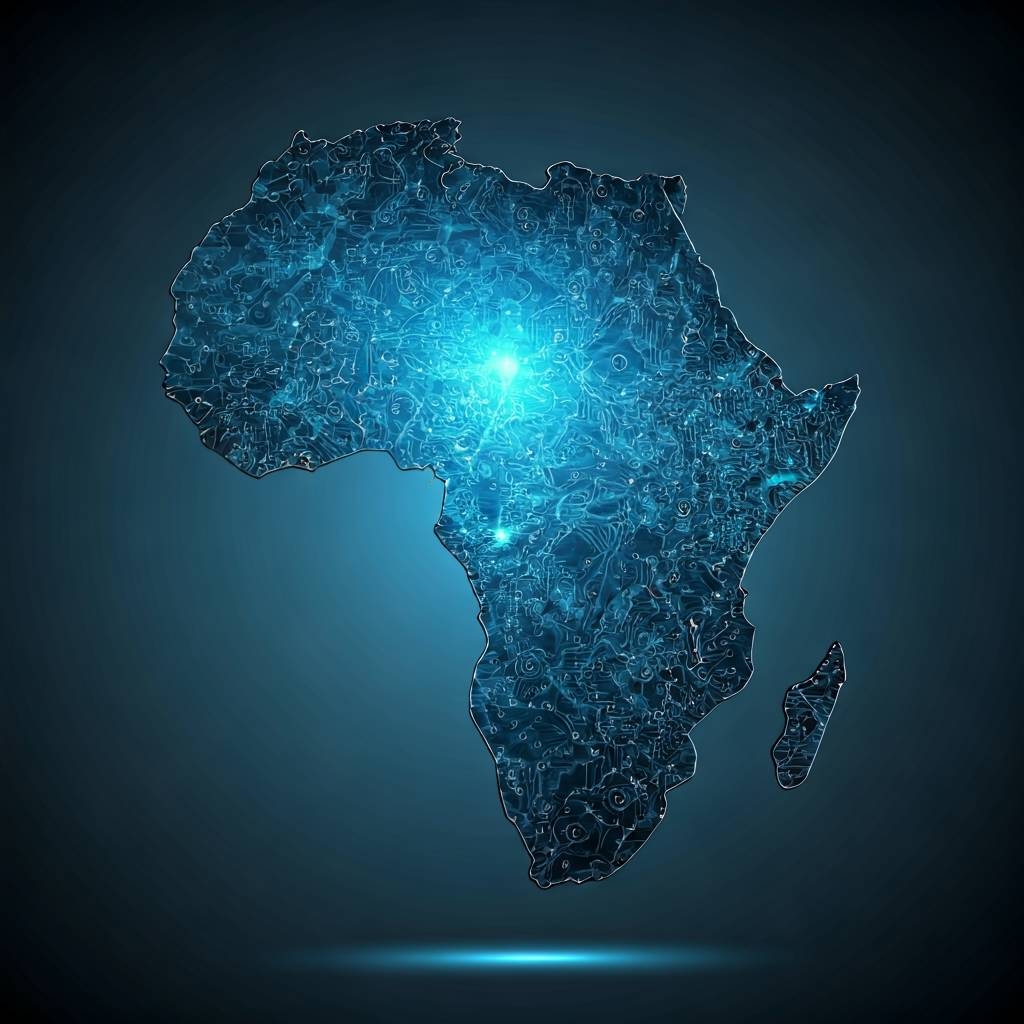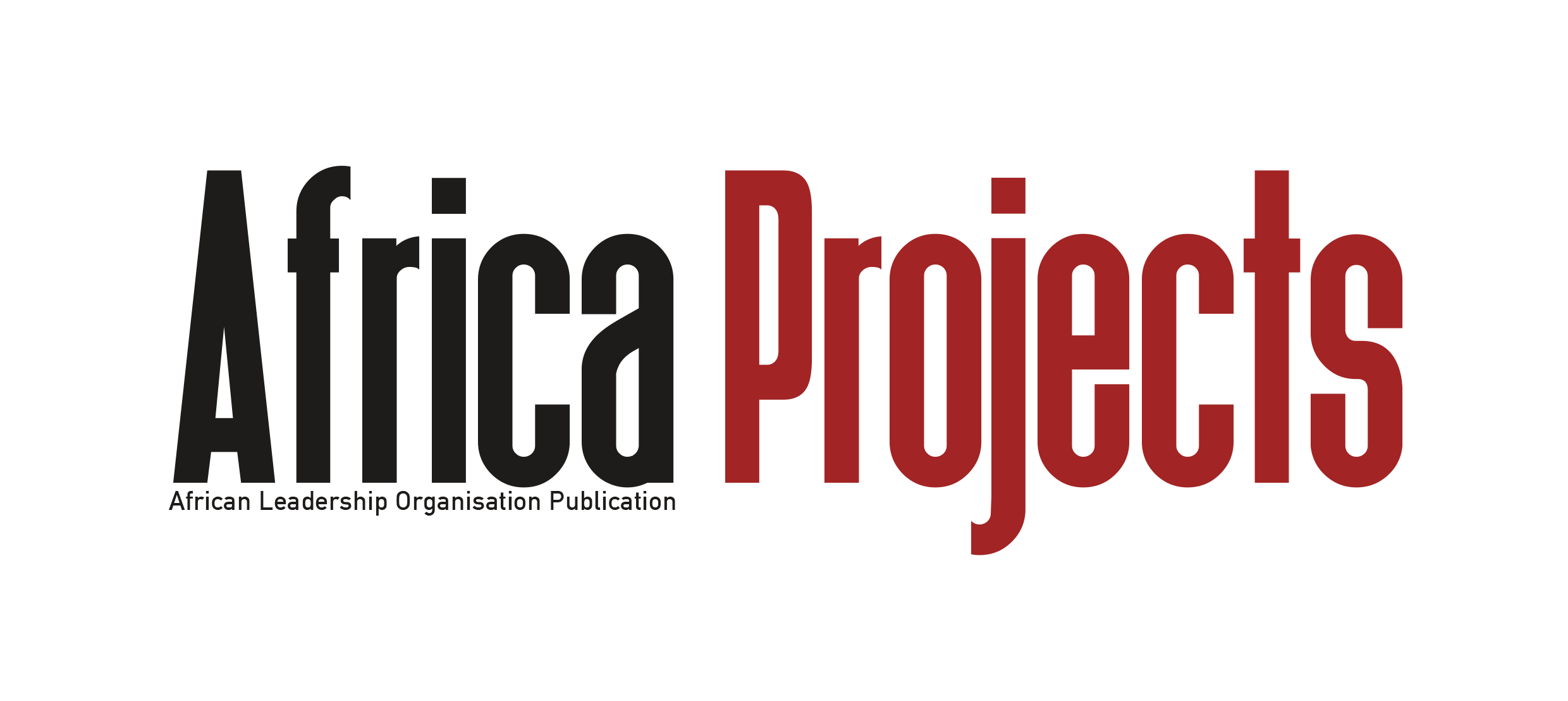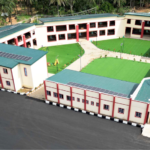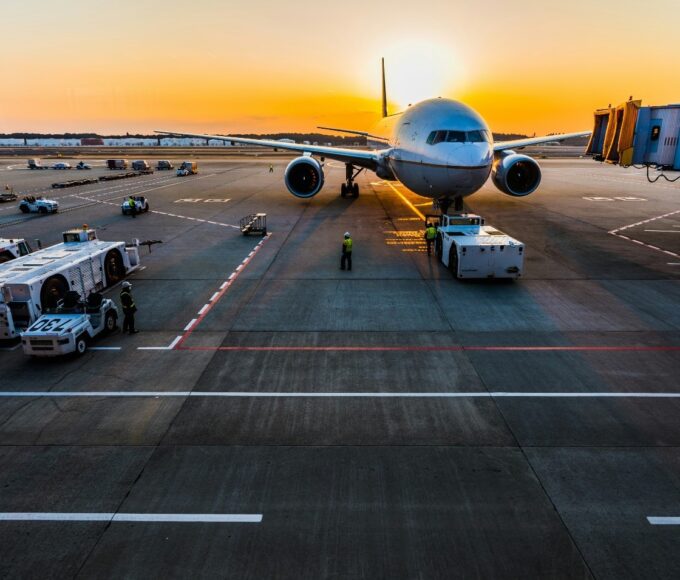- Home
- Features
- Startup Zone
- Projects
- Policies
- Shop
- Policies
- Projects
- Startup Zone
- Country Spotlight
- Analysis
- Tech
- Policies
- Projects
- Startup Zone
- Country Spotlight
- Analysis
- More
- Beyond the Kalashnikov: Africa’s Shift Toward Technology-Driven Warfare
- Afrail Express: Uniting a Continent on Rails
- AFRICA’S ENERGY CORRIDORS: CONNECTING POWER, PEOPLE, AND PROSPERITY
- Startup Lions Campus: Empowering Kenya’s Digital Generation
- L’Art de Vivre’s Le Paradis de Mahdia: Tunisia’s Model for Sustainable Luxury
- The Lobito Corridor: Rewiring Africa’s Trade Arteries Through Strategic Infrastructure
- AFRICA’S GREEN ENERGY TRANSITION: A BEACON OF HOPE FOR CLIMATE ACTION
- Dangote Refinery: Showcasing Africa’s Project Success Story
- AFRICA GREEN ECONOMY: ALL YOU NEED TO KNOW
- The Most Important Amicus Brief in the History of the World
- The Rise of Indigenous UAVs: Africa’s Drone Capabilities in Warfare and Surveillance
- AFRICA’S LARGEST OIL PRODUCERS: A COMPREHENSIVE OVERVIEW
- Beyond the Kalashnikov: Africa’s Shift Toward Technology-Driven Warfare
- Afrail Express: Uniting a Continent on Rails
- AFRICA’S ENERGY CORRIDORS: CONNECTING POWER, PEOPLE, AND PROSPERITY
- Startup Lions Campus: Empowering Kenya’s Digital Generation
- L’Art de Vivre’s Le Paradis de Mahdia: Tunisia’s Model for Sustainable Luxury
- The Lobito Corridor: Rewiring Africa’s Trade Arteries Through Strategic Infrastructure
- AFRICA’S GREEN ENERGY TRANSITION: A BEACON OF HOPE FOR CLIMATE ACTION
- Dangote Refinery: Showcasing Africa’s Project Success Story
- AFRICA GREEN ECONOMY: ALL YOU NEED TO KNOW
- The Most Important Amicus Brief in the History of the World
- The Rise of Indigenous UAVs: Africa’s Drone Capabilities in Warfare and Surveillance
- AFRICA’S LARGEST OIL PRODUCERS: A COMPREHENSIVE OVERVIEW
- Beyond the Kalashnikov: Africa’s Shift Toward Technology-Driven Warfare
- Afrail Express: Uniting a Continent on Rails
- AFRICA’S ENERGY CORRIDORS: CONNECTING POWER, PEOPLE, AND PROSPERITY
- Startup Lions Campus: Empowering Kenya’s Digital Generation
- L’Art de Vivre’s Le Paradis de Mahdia: Tunisia’s Model for Sustainable Luxury
- The Lobito Corridor: Rewiring Africa’s Trade Arteries Through Strategic Infrastructure
- Startup Zone
Top Insights
Harnessing The Power Of AI: Africa’s Quest To Solve Daily Challenges
As Africa continues to invest in AI research and development, we can expect to see innovative applications and solutions that address the continent's unique challenges and opportunities.

Artificial intelligence (AI) is revolutionizing the way we live work and run our daily lives. Africa is no exception. The continent is leveraging AI to address some of its most pressing daily challenges, from healthcare and education to agriculture and infrastructure. In this article, we’ll explore some of the innovative ways AI is being used in Africa to improve lives and drive economic growth.
Healthcare
AI is being used in various ways to improve healthcare outcomes in Africa. For example, AI-powered chatbots are being used to provide patients with personalized health advice and support. In some countries, AI-powered telemedicine platforms are being used to connect patients with healthcare professionals remotely, reducing the need for in-person visits.
One notable example is the use of AI-powered diagnostic tools to detect diseases such as malaria and tuberculosis. These tools use machine learning algorithms to analyse medical images and identify patterns that may indicate the presence of a disease. This can help healthcare professionals diagnose diseases more accurately and quickly, which is particularly important in resource-constrained environments.
Education
AI is also being used to improve education outcomes in Africa. For example, AI-powered adaptive learning platforms are being used to provide students with personalized learning experiences tailored to their individual needs. These platforms use machine learning algorithms to analyse student performance data and adjust the difficulty level of course materials accordingly.
In addition, AI-powered chatbots are being used to support teachers in the classroom. These chatbots can help teachers with tasks such as grading assignments and providing feedback to students, freeing up more time for teachers to focus on teaching.
Agriculture
Agriculture is a critical sector in many African countries, and AI is being used to improve crop yields and reduce waste. For example, AI-powered precision agriculture platforms are being used to analyse soil conditions, weather patterns, and crop health. This information can be used to optimize irrigation, fertilization, and pest control, leading to improved crop yields and reduced waste.
In addition, AI-powered drones are being used to monitor crop health and detect pests and diseases. This can help farmers identify problems early and take action to prevent them from spreading.
Infrastructure
AI is also being used to improve infrastructure in Africa. For example, AI-powered traffic management systems are being used to optimize traffic flow and reduce congestion in cities. These systems use machine learning algorithms to analyse traffic patterns and adjust traffic signals accordingly.
In addition, AI-powered smart grid systems are being used to optimize energy distribution and reduce power outages. These systems use machine learning algorithms to analyse energy demand and adjust energy supply accordingly.
Challenges and Opportunities
While AI has the potential to drive significant economic growth and improve lives in Africa, there are also challenges to be addressed. For example, there is a need for more investment in digital infrastructure, including internet connectivity and data storage. There is also a need for more skilled workers who can develop and implement AI solutions.
Despite these challenges, there are many opportunities for AI to drive positive change in Africa. For example, AI can help address some of the continent’s most pressing challenges, such as poverty, inequality, and climate change.
Africa is harnessing the power of AI to solve some of its most pressing daily challenges. From healthcare and education to agriculture and infrastructure, AI is being used to drive economic growth and improve lives. While there are challenges to be addressed, the opportunities for AI to drive positive change in Africa are significant. As the continent continues to invest in digital infrastructure and develop skilled workers, we can expect to see even more innovative uses of AI in the years to come.
Examples Of AI In Africa
Nigeria: AI-powered chatbots are being used in some sophisticated hospitals to provide patients with personalized health advice and support.
South Africa: AI-powered adaptive learning platforms are being used to provide students with personalized learning experiences.
Kenya: AI-powered precision agriculture platforms are being used to optimize crop yields and reduce waste.
Ghana: AI-powered smart grid systems are being used to optimize energy distribution and reduce power outages.
Future Of AI In Africa
The future of AI in Africa is bright, with many opportunities for growth and development. As the continent continues to invest in digital infrastructure and develop skilled workers, we can expect to see even more innovative uses of AI. Some potential areas of growth include:
Africa’s future in AI is exciting and rapidly evolving. The continent is poised to harness AI’s potential for sustainable development, economic growth, and social impact. Here are some key areas to watch:
Key Developments
AI Market Growth: The AI market in Africa is projected to reach $4.92 billion by 2025, with a compound annual growth rate (CAGR) of 27.43% from 2025 to 2030.
National AI Strategies: Countries like Egypt, Rwanda, and Mauritius have published comprehensive AI strategies, with more expected to follow.
Investment in AI Education: Initiatives like the MasterCard Foundation’s Global AI Summit on Africa aim to develop the next generation of AI leaders and innovators.
Opportunities and Challenges
Inclusive Development: AI can accelerate progress toward the United Nations’ Sustainable Development Goals (SDGs) and Africa’s Agenda 2063, but it’s crucial to address issues like digital divides and unequal access to AI education.
Job Creation: AI can create new job opportunities, especially for young Africans, but it’s essential to prepare the workforce for an AI-driven economy.
Ethical Considerations: As AI adoption grows, it’s vital to develop and implement responsible AI practices that prioritize transparency, accountability, and human rights.
Emerging Applications
Agriculture: AI-powered precision agriculture can improve crop yields and reduce waste.
Healthcare: AI-driven diagnostic tools can enhance healthcare outcomes, especially in resource-constrained environments.
Education: AI-powered adaptive learning platforms can personalize education and improve student outcomes.
As Africa continues to invest in AI research and development, we can expect to see innovative applications and solutions that address the continent’s unique challenges and opportunities. The future of AI in Africa is promising, and it’s essential to prioritize inclusive and responsible development to ensure that AI benefits all Africans.
By harnessing the power of AI, Africa can drive economic growth, improve lives, and address some of its most pressing challenges. The future of AI in Africa is exciting, and we can’t wait to see what’s next.
Recent Posts
Related Articles
Smart Farming & AgriTech: Transforming Africa’s Agricultural Future
Agriculture remains central to Africa’s economic and social fabric, employing over 60...
ByafricaprojectJanuary 5, 2026Africa’s Fastest-Growing Tech Parks and the Innovators Behind Them
Across Africa, purpose-built technology parks are evolving from experimental initiatives into central...
ByafricaprojectJanuary 2, 2026Emerging Oil & Gas Processing Hubs Reshaping African Economies
The African Continental Free Trade Area (AfCFTA) is reshaping how Africa leverages...
ByafricaprojectDecember 30, 2025Airports in Transformation: Ethiopia’s Vision for Bole
Ethiopia is charting an ambitious course to elevate its status as Africa’s...
ByafricaprojectAugust 13, 2025










